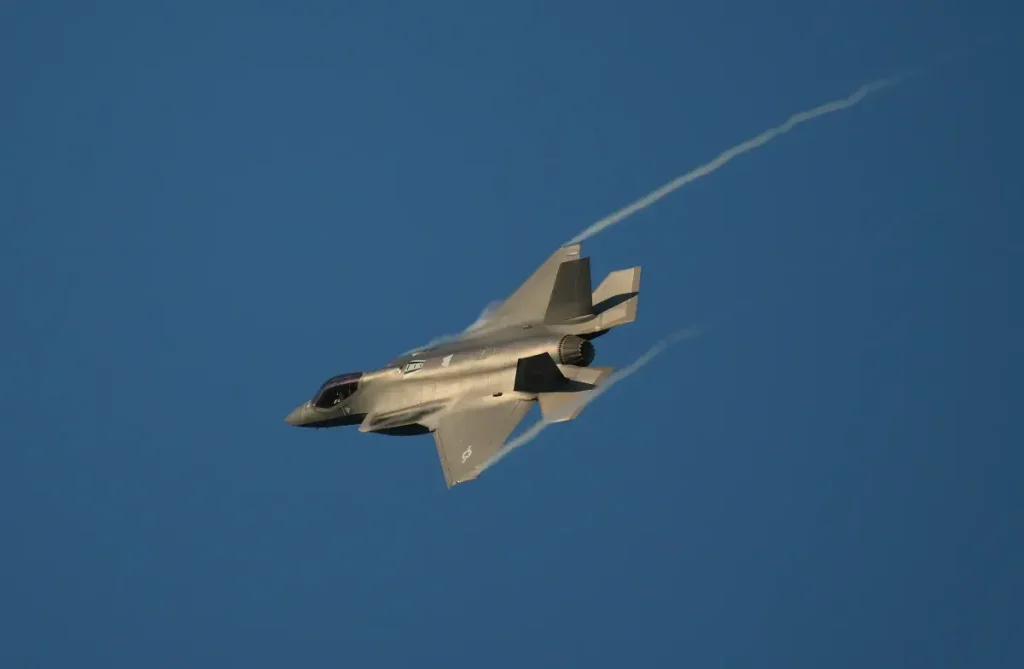NATO Considers Stronger Response to Russian Airspace Violations
In a concerning development for international relations, NATO allies are reportedly discussing changes to their rules of engagement that would allow pilots more freedom to shoot down Russian aircraft. This shift in policy, reported by the Financial Times, comes as the alliance grapples with what they describe as a pattern of provocations from Moscow, including airspace violations, drone deployments, and alleged sabotage operations across Europe. The discussions reflect growing frustration within the alliance and a belief among some members that a more robust deterrence strategy is necessary to address Russia’s actions.
The potential policy changes extend beyond aircraft engagement rules. NATO officials are also considering the deployment of armed drones along borders with Russia, which could provide a more cost-effective response to incursions. The financial burden of scrambling fighter jets for each drone or aircraft violation has become increasingly problematic for NATO countries, particularly as such incidents appear to be occurring with greater frequency. By deploying their own drone capabilities, alliance members hope to establish a more sustainable defensive posture while still maintaining necessary vigilance along their eastern borders.
Moscow has responded to these reports with a mixture of denial and warnings. Russian officials have dismissed allegations of orchestrated provocations as baseless and have issued stern cautions that shooting down Russian aircraft would represent a dangerous escalation that could potentially trigger open warfare. This response highlights the precarious nature of the current standoff, with both sides aware that miscalculation or overreaction could have catastrophic consequences. However, the Russian denials have done little to assuage NATO concerns, with several alliance officials reportedly convinced that only demonstrable strength will deter further provocations.
The discussions within NATO reflect a fundamental disagreement about how best to respond to perceived Russian aggression. Some alliance members advocate for a measured approach that minimizes the risk of escalation, while others argue that Russia’s leadership respects only forceful deterrence and clear consequences. This debate takes place against the backdrop of the ongoing war in Ukraine, which has already redrawn security assumptions across Europe and strained diplomatic channels between Russia and Western powers. The potential policy shift represents a significant evolution in NATO’s posture, moving from primarily defensive reactions to a more assertive stance.
What makes these developments particularly concerning is the broader context of NATO-Russia relations, which have deteriorated to their lowest point since the Cold War. Both sides have characterized the current situation in terms that suggest they view themselves as engaged in a form of conflict with each other, even without formal declarations of war. The proximity of nuclear-armed powers engaging in increasingly provocative behavior raises the stakes of every decision and leaves little margin for error. Military analysts have noted that the combination of advanced weapons systems, compressed decision-making timeframes, and deteriorating communication channels creates a dangerous environment where miscalculation becomes increasingly possible.
As NATO continues its internal discussions about rules of engagement and response options, the international community watches with growing concern. The decisions made in the coming weeks could significantly influence the trajectory of European security for years to come. While alliance officials emphasize that their goal remains the prevention of conflict rather than its escalation, the very fact that such discussions are occurring indicates how seriously they view the current situation. For ordinary citizens across both NATO countries and Russia, these high-level strategic decisions carry profound implications for their security and future, transforming abstract geopolitical tensions into very real concerns about stability and peace in the region.















